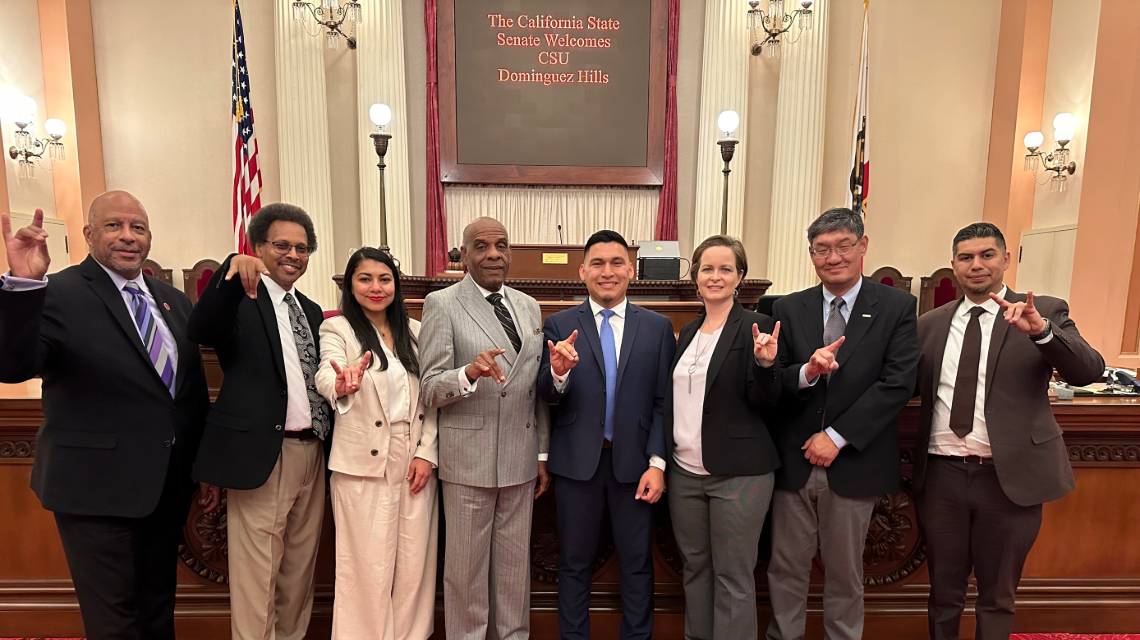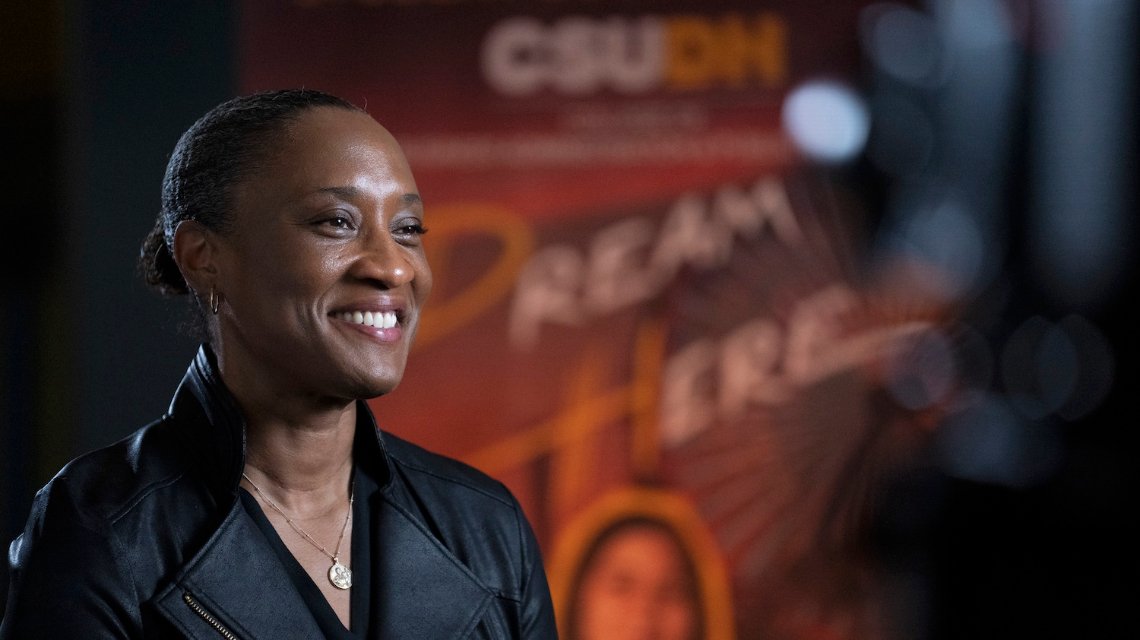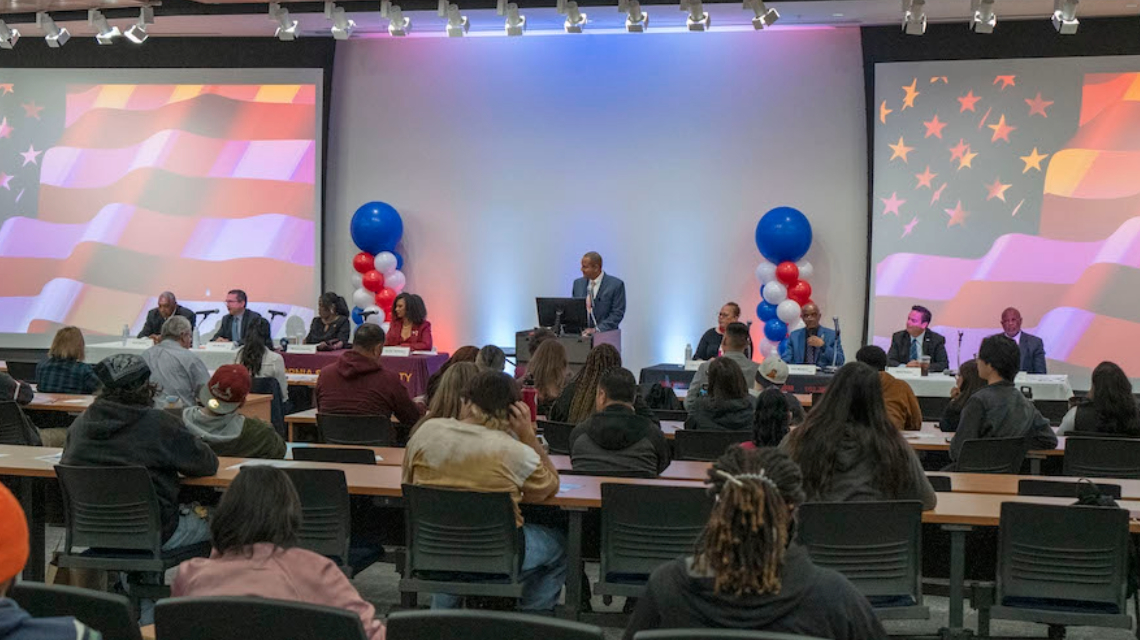california
-
Archive

Toros Advocate in Sacramento
Left to Right: CSUDH President Thomas A. Parham, Director of Government and Community Relations Derrick Mims, ASI Director of Legislative…
-
Archive

L.A. Sentinel: Senator Laphonza Butler Makes Black Community a Priority
Source: L.A. Sentinel Black publishers from across the country, leaders and students at CSUDH, and celebrating Black History Month in L.A. Council Chambers were all part of…
-
Archive

CSUDH Hosts CA Senate Candidate Forum
From left to right: James Spencer, Nilo Vega Michelin, Michelle Chambers, Jennifer TM Williams, CSUDH professor and event moderator Gus…
-
Archive

CBS: 40% of Black Women in California Are Teetering on Financial Brink
Source: CBS A new California Black Women’s Think Tank survey finds that two out of every five Black women in…
